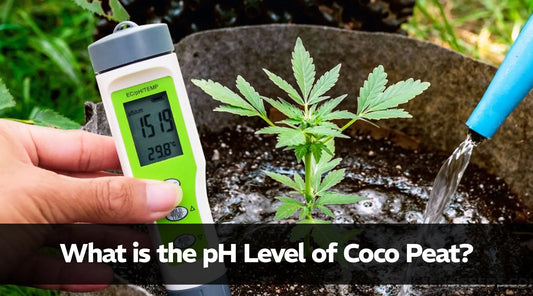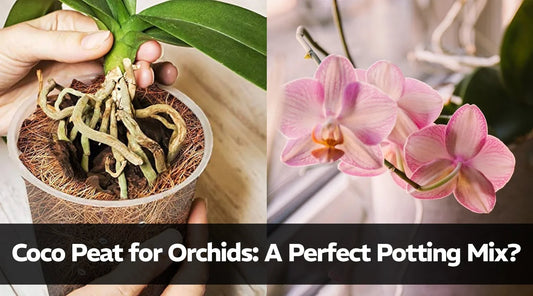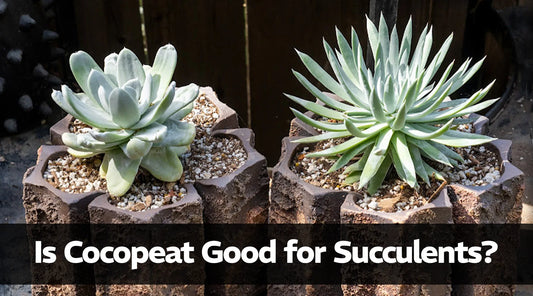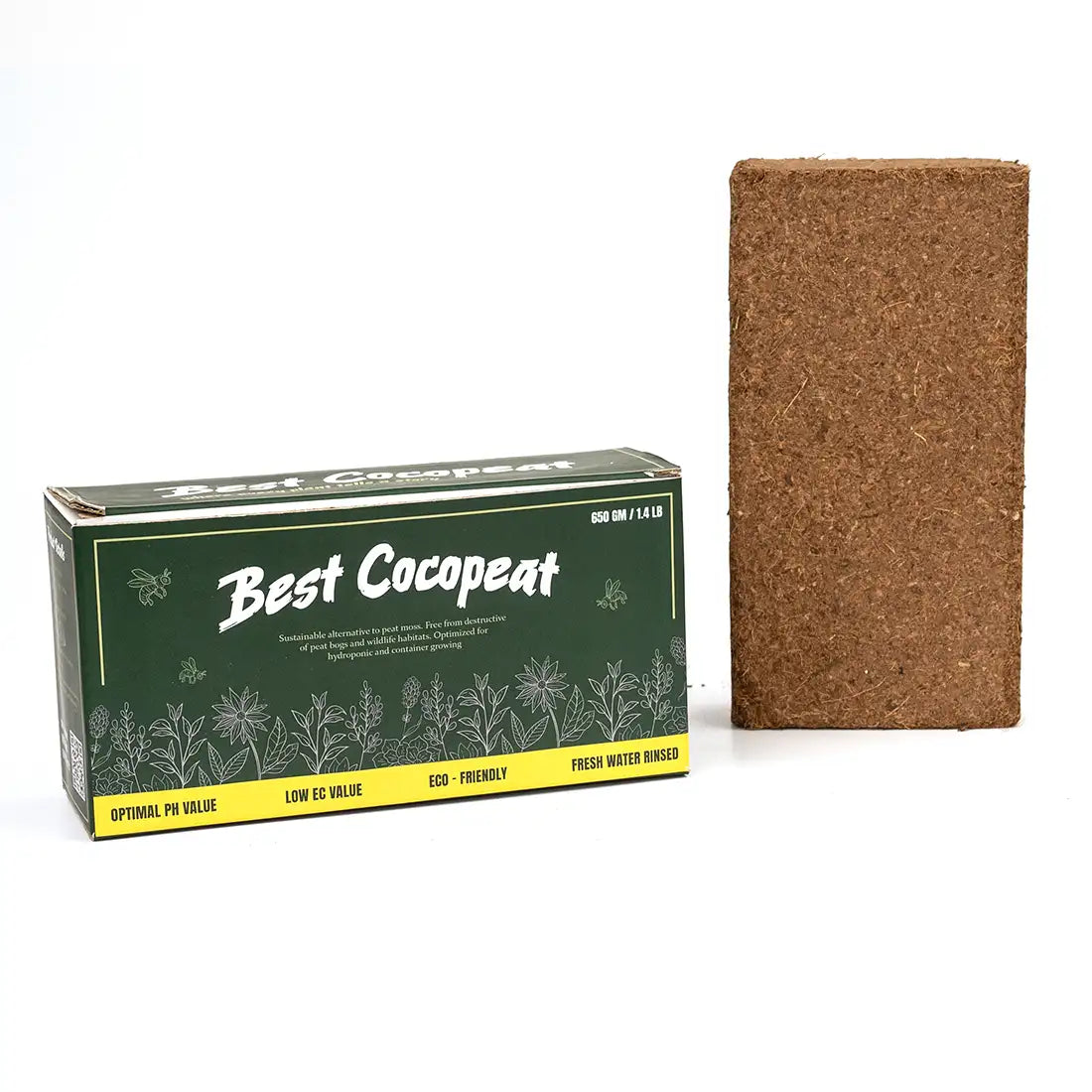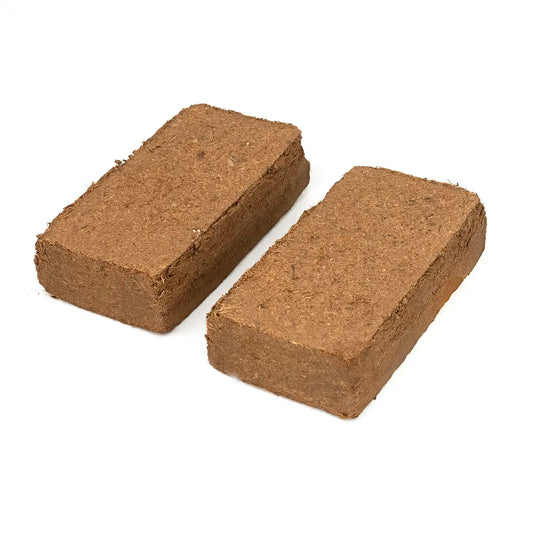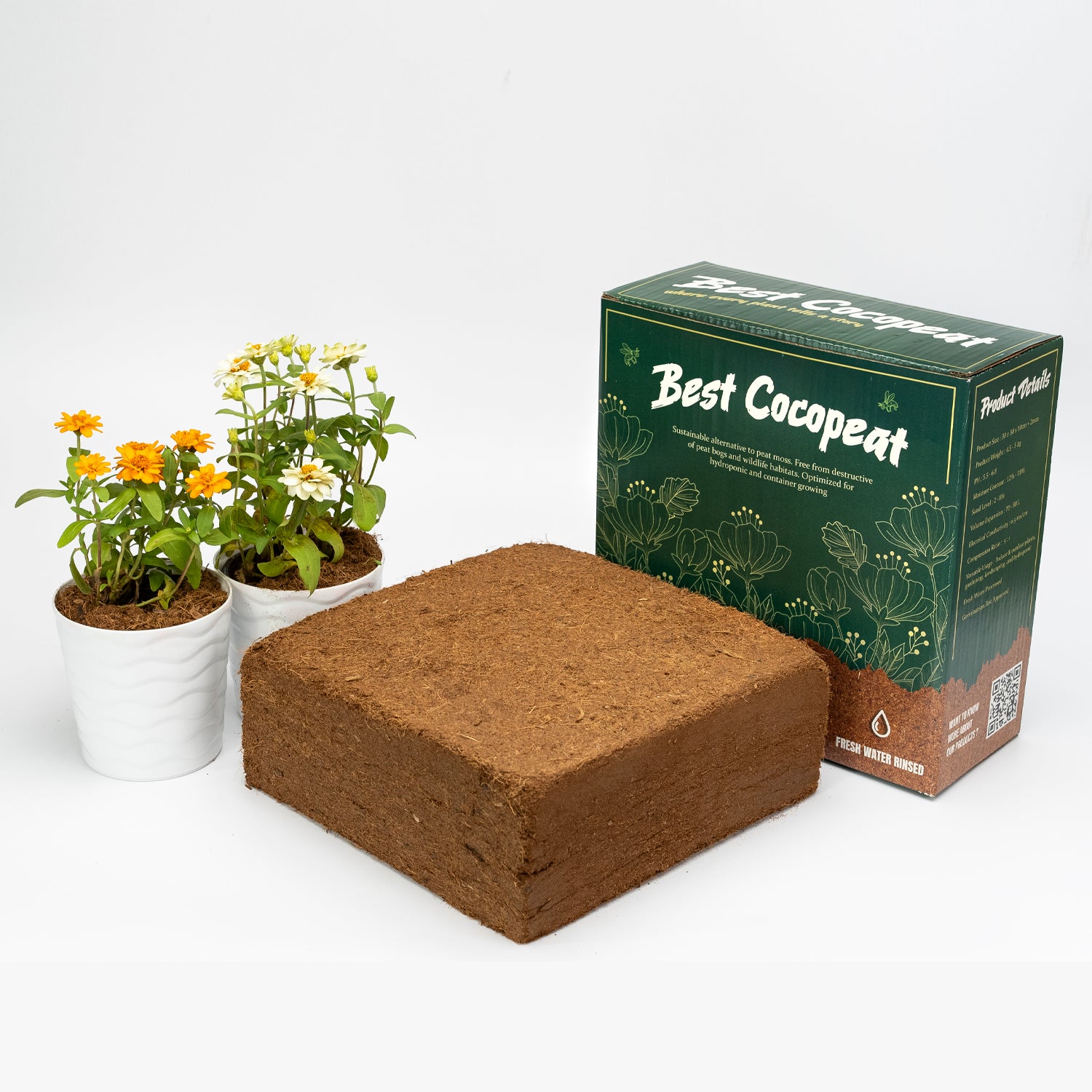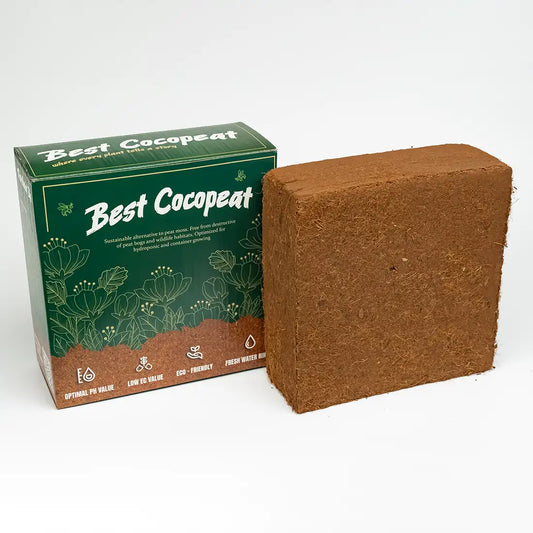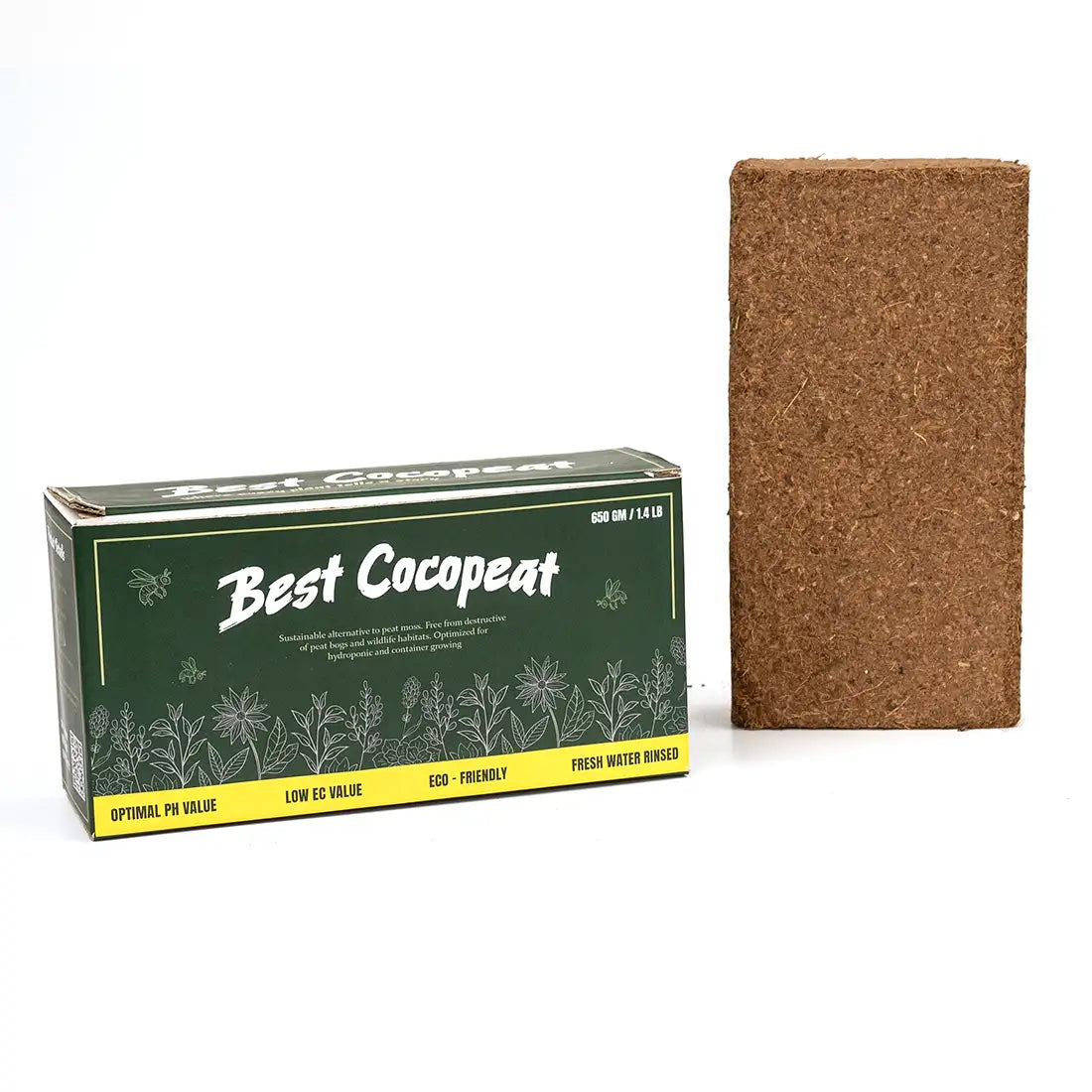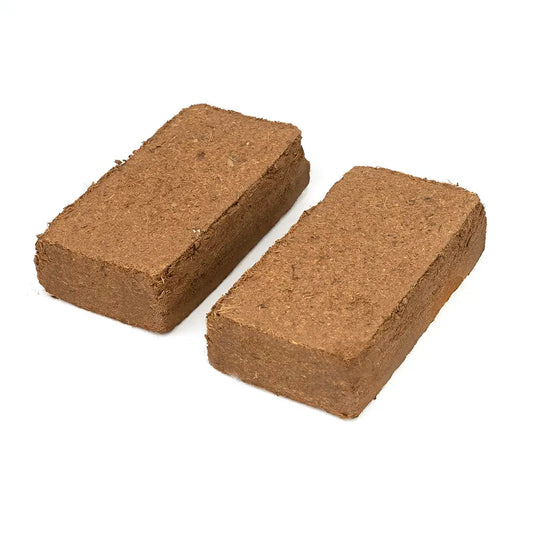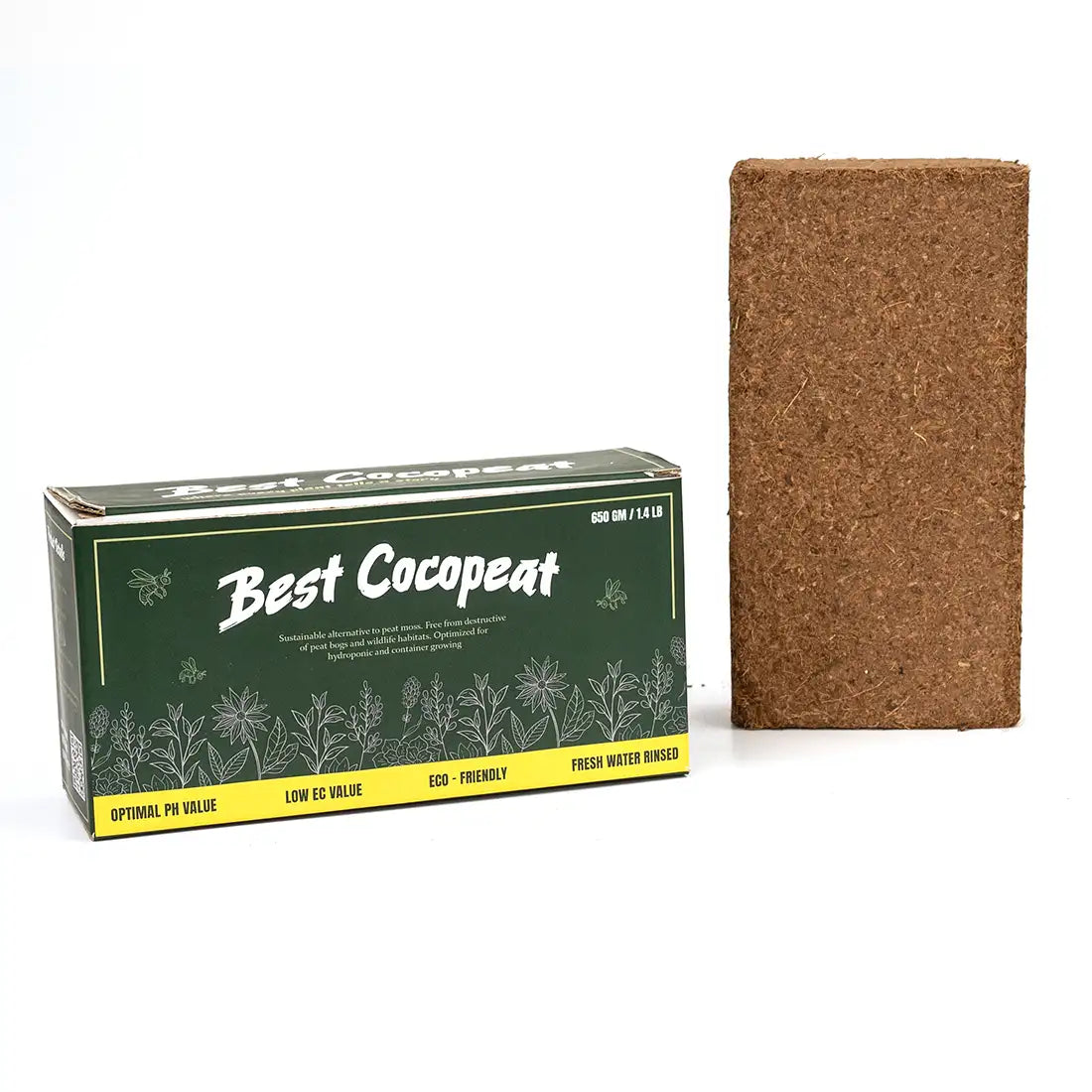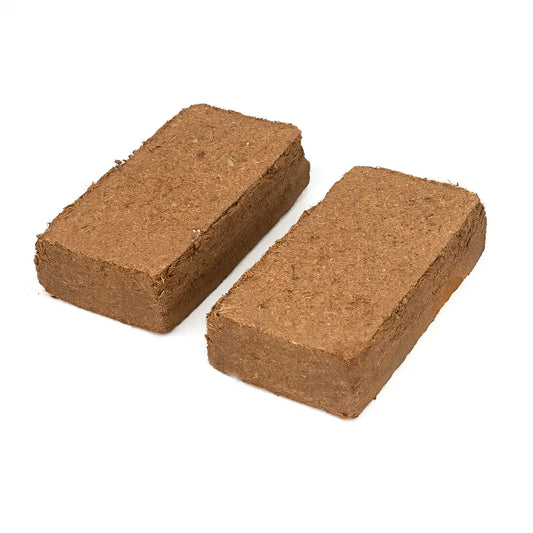Introduction
Introduce the versatility of cocopeat as a growing medium, its benefits for plants, and why gardeners should consider using it. Emphasize that choosing the right plants for cocopeat can enhance their gardening success.
Best Plants to Grow in Cocopeat
| Plant Type | Why Cocopeat is Ideal | Shop Cocopeat |
|---|---|---|
| Vegetables | Retains moisture, provides aeration, and ensures healthy root development for crops like tomatoes, cucumbers, and leafy greens. | Best Cocopeat for Vegetables |
| Herbs | Drains well while retaining enough moisture, preventing root rot. Ideal for basil, mint, parsley, and rosemary. | Cocopeat for Herbs |
| Indoor Plants | Maintains proper moisture levels for snake plants, pothos, ferns, and succulents in indoor environments. | Buy Cocopeat for Indoor Plants |
| Flowering Plants | Supports vibrant flowers like petunias, marigolds, and geraniums with its balanced water retention. | Best Cocopeat for Flowers |
| Seedlings & Propagation | Lightweight and moisture-retentive, perfect for starting seeds and propagating plant cuttings. | Cocopeat for Seed Starting |
1. What is Cocopeat and Why is it Great for Gardening?
Cocopeat, a natural byproduct of coconut husks, is an eco-friendly, sustainable, and effective growing medium. It offers excellent water retention, aeration, and is pH-neutral, making it a great option for all types of plants. If you’re new to cocopeat, learn more about its benefits here.
2. Best Plants to Grow in Cocopeat
Cocopeat is ideal for various types of plants. Let’s look at some categories:
-
Vegetables: Plants like tomatoes, cucumbers, peppers, and leafy greens thrive in cocopeat because it provides the right balance of moisture and aeration for optimal growth. You can find the best cocopeat for vegetable gardening here.
-
Herbs: Popular herbs like basil, mint, and rosemary benefit from cocopeat’s moisture retention while avoiding root rot due to its excellent drainage.
-
Indoor Plants: Indoor plants like snake plants, pothos, and succulents also benefit from the properties of cocopeat, especially in dry indoor environments where consistent moisture is key.
-
Seedlings and Propagation: Cocopeat is perfect for seed starting because of its light texture and ability to hold moisture. Get your cocopeat blocks to start your seedlings the right way.
3. Why Cocopeat is Ideal for These Plants
Cocopeat retains water while ensuring proper aeration, making it an excellent option for a wide variety of plants. Its ability to provide consistent moisture helps vegetables, flowers, and herbs grow healthily.
Conclusion
Summarize the benefits of cocopeat and encourage readers to try it for their gardening projects. Include a call-to-action for them to browse your products.

